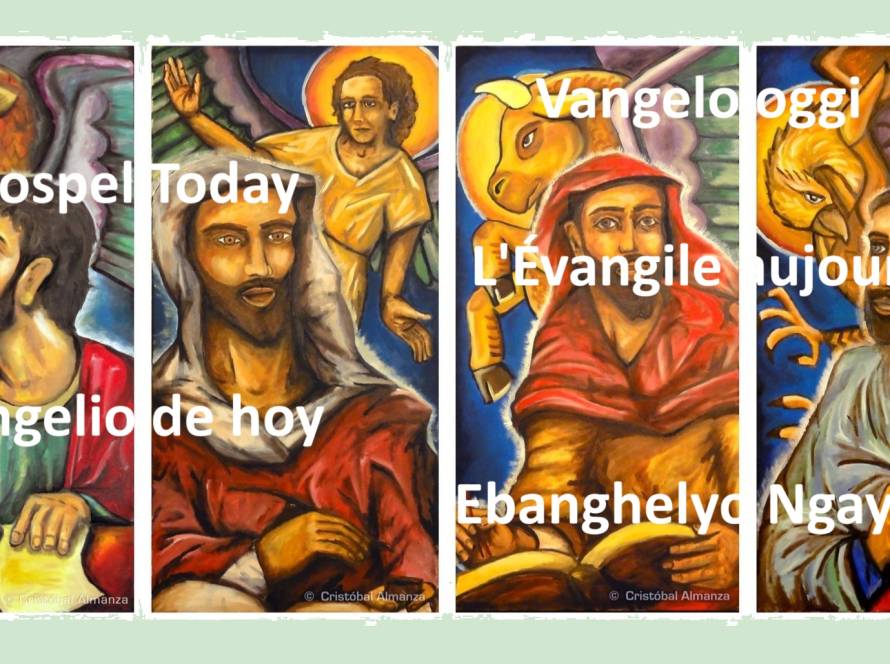“The kingdom of God does not come in a way that attracts attention, nor will people say, ‘Here it is,’ or ‘There it is,’ because the kingdom of God is among you.” Knowing that the kingdom of God does not attract attention means placing it back within the horizon of familiarity. Things that are familiar to us do not attract our attention; we know they are there, like a reliable backdrop against which we can set our lives.
They seem almost invisible, but in reality, they are essential, and we realize this especially when they are missing. The kingdom of God either permeates our entire normality to the point of being redeemed by a logic of emotions, or it remains only something juxtaposed to life.
In this sense, it cannot be pointed out but only shown through life, just as a man cannot believe that his love for his wife can be contained in a gift, even if it is a valuable jewel. If this love is not expressed with one’s life, outward demonstrations are useless. “There will come days when you will long to see one of the days of the Son of Man, and you will not see it. And they will say to you, ‘There he is,’ or ‘He is here. Do not go, and do not follow them; for as the lightning flashes and shines from one end of the sky to the other, so will the Son of Man be in his day.” (Luke 17:22-35)
No one, then, can claim the right to enclose the kingdom of God in anything, because it coincides with life itself. Things can only be signs of life, but they are not life itself.
The very contemporary temptation to react to relativism with reassuring, precise, and unyielding ideologies only covers up the constant temptation to find oneself in front of those who think they possess the kingdom but possess only a shadow of it, the result of a need for security.
The saints, after all, were certain only of being deeply loved, and very often they had to walk paths that no one had ever walked before. They were not relativists; they were realists. Relativists do not know such love, but saints do.


